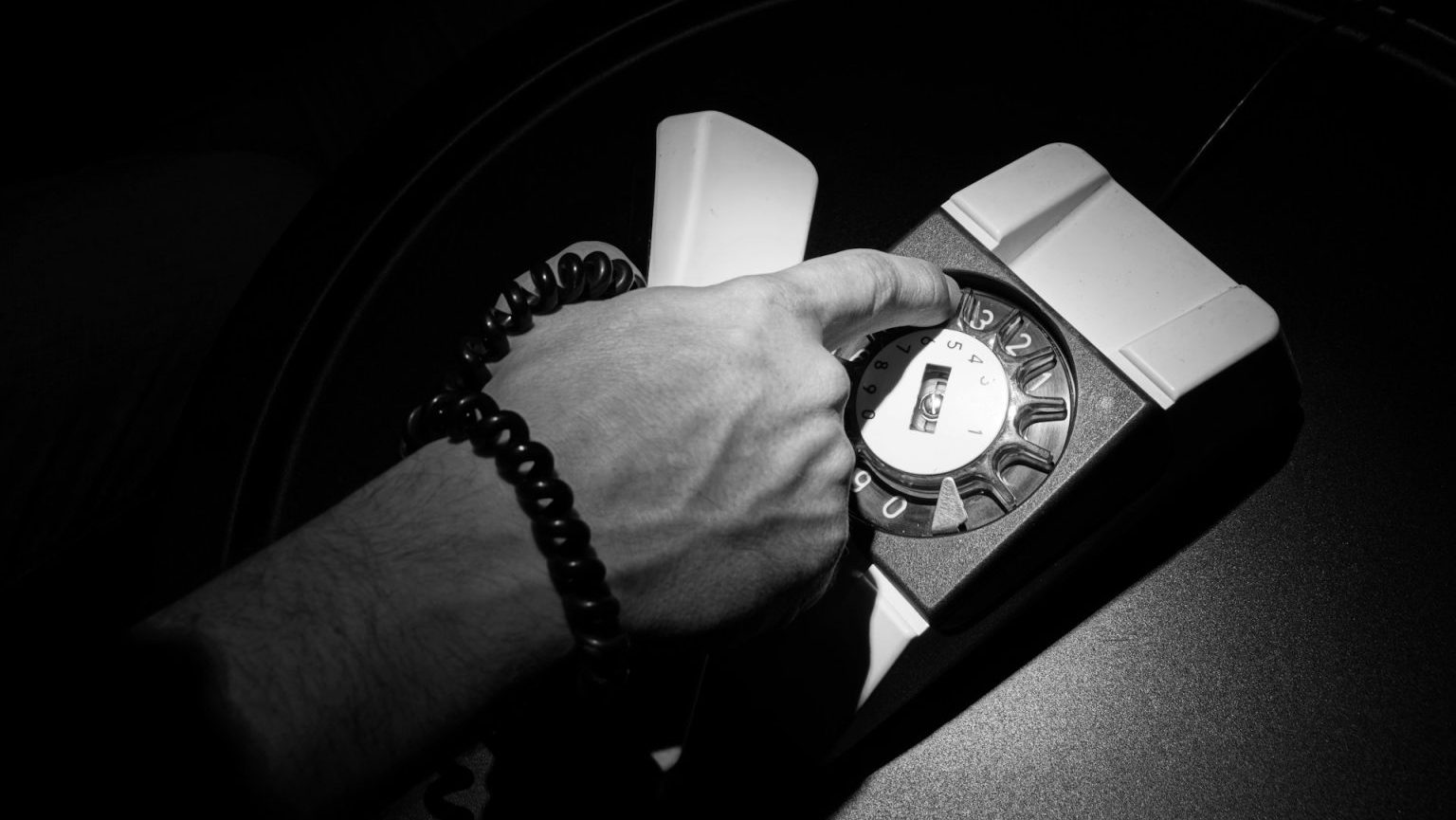Hotelier Chip Conley reflects on ways to successfully interact with your sphere of influence.
Question: How is the Internet changing marketing?
Chip Conley: Yeah, so the idea of word of mouth is now word of mouse, the idea that people can actually go out, if they have a good or a bad experience, they can go tell thousands of people immediately, That is such, it’s a powerful phenomena in our business, in the hotel business. We see websites like trip adviser maybe about a quarter of every guest who stays in our hotels actually goes to trip adviser first to see what people are saying about our hotel. Particularly important for companies that are not branded like if you’re going to stay in the Sheraton, you certainly know what that is but if you go stay at Independent Boutique Hotel, I want to know a little bit more. So we harness that energy. First of all, we just make sure that those people who are cheerleaders that first of all let’s acknowledge that the people who tend to actually tend go on the internet to talk about the customer experience are people on the extremes.
It’s like almost like a smile, I called it the customer service smile, one access is word of mouth, the other access is how much do you, how much did you enjoy your experience on a one to five, the people on the extreme, the ones and the fives are the people who actually are most likely to give the word of mouth. Whereas the people at the three, the averaged experienced, they don’t talk about it. So, the bottom line is, you need a number one, figure out how your cheer leaders are going out and talking about you. And we work with a company called [Exuberance at the Palo Alto, California]. The new software company, Venture Capital back that actually create a software product that actually figures out a way to encourage your customers to actually post one notice but it can go out to multiple websites to actually say on ten different websites at once, here is my experience. So that’s one thing you can do. The other thing you just do on the terrorist side you have the cheerleaders know also of the terrorist, those people who had a one experience, a terrible experience and they’re going to go out and tell people.
First off, there’s just basic courtesies that are have been true for decades and now are more true during this era of the internet. I notice that when somebody has a bad experience, and they tell you about it whether it’s in a phone call, in an email, or just at the front desk of the hotel when they’re checking out. If you know that someone is very upset about something, you absolutely need to do what we call recovery. I don’t mean that in terms of alcohol abuse, I mean recovery in terms of you need just actually do service recovery such that that person who feels like they had a bad experience feels like they’re being respected and heard and appreciated, and you’re trying to actually turn them around.
And so, that’s one of my favorite things to do and even though it’s painful, it’s to deal with the customer who sends me an email and they’re upset about something and to actually jump on it and immediately turn them around. I have a personal rule which I apply to all of our managers in the company also which is, within ten minutes after I see an email from someone who’s upset about something, I respond. And when I say I respond, I can’t always immediately respond with an answer because many ways I need to go out and do a little bit of research or call the general manager of the hotel and say what’s going on here. But the fact that actually the CEO of the company has actually responded within ten minutes saying I’ve heard you, I’m really sorry, let me look into it, that takes away some of the sting. Because the number one thing that people want frankly when they’ve had a bad experience and they want to go tell other people about it, or they want the company to know about it is they want to feel respected. Usually, the process of what happen was they felt disrespected and the funny thing, the irony is they’ll go write a letter to the CEO of the company and then they’ll never hear from them. So it’s just actually making a bad situation or worse.
So I know that the most important thing is to be responsive first and foremost and then do a good deep dive of what’s going on and try to get back to people twenty four hours after that to say, here’s what I know and well this actually makes things better. And sometimes they just need to be listened to also, they just want to have somebody sort of understand why they are frustrated. So that’s really important because as we all know people are more than twice as likely to talk about a bad experience than a good experience. So that means the internet is the place where you can go and talk about your bad experiences and tell the world what a miserable hotel here I am and my company is. So it’s really important, it’s very powerful, it’s more powerful today than it was 10 years ago and my guess is with all the tools we have to learn about what the customers saying is going to become more and more powerful.
Recorded on: April 14, 2009






